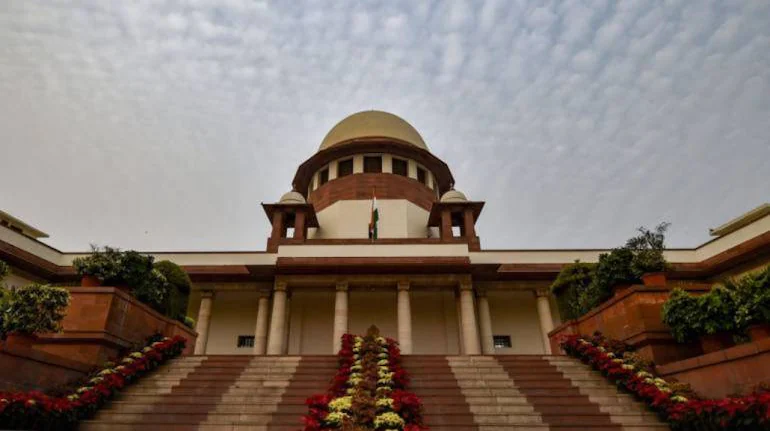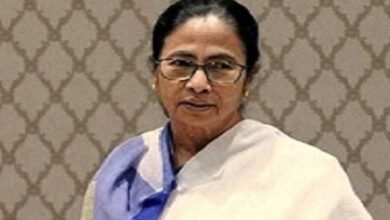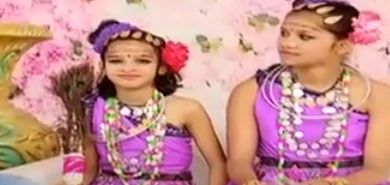
Mobilenews24x7 Bureau
Unsparing and frontal, also upfront is the stance of the centre as if vowed not to allow space to the judiciary on the selection of judges.
In fact, the issue concerning as vital as the judges to be appointed has stretched itself to become as open spat between the Centre and the SC Collegium with neither of the two looking for a middle path.
What appears clear that, more than a constitutional issue it has become a prestige issue between the two warring sides.
Even the Union Law Minister, Kiren Rijiju went to the length of showing a kind of mirror to the Judiciary making a comparison between the Judges and the politicians and stating at a function that, “But, when a judge becomes a judge, he does not have to face an election. There is also no public scrutiny for judges. That is why I say, people do not elect judges and this is why the public cannot change judges. But people are watching you. Your judgment and the working of judges and the way judges dispense justice, people are watching it and assess… They form opinions. In the age of social media, nothing can be hidden,”
Reading through what the Law Minister meant through his apparent swipe at juduciary, was that, the electoral process is the most sancrosant path to choose the probity and responisibility of a leadder in politics.
At the same breath, Rijiju also mentioned that, no judge face elections or faces “public scrutiny”.
To be impartial the genesis of elections on the day, little can be said that, it is in public domain almost that, most of the elections are fought on tall promises and what is the basis on which the polling structure rests are the freebies. An issue which still agitates the minds of every conscious citizen in the country.
Has’nt it become a necessary evil in the entire electoral regime in the country? That is also something that people are watching.
Citizen has the right to criticise the politicians in power and it has also the right to be form opinions where the judiciary goes wrong. Judges are the ones who do not fall from heaven and they are from among us.
But as regards the meritocracy part is concerned, like a seasoned politician can judge the merit of an entrant politician, so does the case in the selection of the judges. An experienced judge can assess the merit of a judge-to-be and not by a politician, who may make the error in judgement being driven by the political quest that, who can be suitable for them and who should not.
Rijiju has been vocal in the criticism of the collegium system for appointment of judges, and even termed it alien to the Constitution. The Central government is seeking to have a larger role in the appointment of judges.
If the law minister feels that, the Central government should have a larger role or say in the appointment of judges, then the SC Collegium can be reduced to an onlooker body or a toothless legal council.
As regards the public scrutiny, how many politicians are elected on the basis of their probity or personal intellect. Politics is all about what many people know if we have the ears to the ground. That reminds the versions of wolrd’s one of the greatest political commentators and journalist, George Orwell, who had said that, “In our age there is no such thing as ‘keeping out of politics’. All issues are political issues, and politics itself is a mass of lies, evasions, folly, hatred and schizophrenia”.
So, fall guys are there everywhere, even in the judiciary. But, that does not mean politics can be extolled to the orbit in the name of facing elections or public scrutiny.
In the latest, amid the ongoing row between Centre and judiciary over appointment of judges, Union Law Minister Kiren Rijiju on Monday said judges do not contest elections or face public scrutiny.
If Collegium is not an accepted format, then lets change the law for which the parliament is the place to do so and let not the Constitutional power be passed on to any other body.
In last few years, it has been seen how certain authorities are appointed. For example the Election Commision heads and even to this date it is not known what prevails there, merit or convenience.






